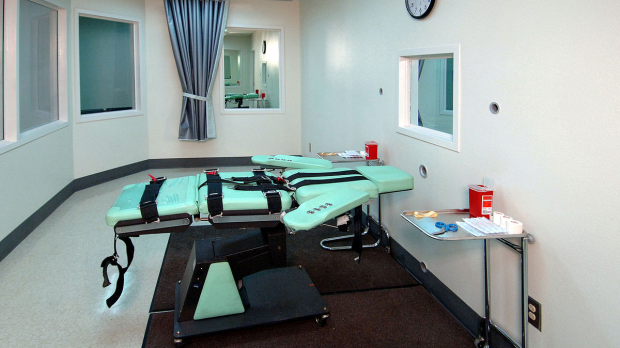Charleston’s Bishop Robert E. Guglielmone issued a statement late yesterday responding to the death penalty being imposed on Dylann Roof:
“We are all sinners, but through the Father’s loving mercy and Jesus’ redeeming sacrifice upon the Cross, we have been offered the gift of eternal life. The Catholic opposition to the death penalty, therefore, is rooted in God’s mercy. The Church believes the right to life is paramount to every other right as it affords the opportunity for conversion, even of the hardened sinner. “Sentencing Dylann Roof to death conflicts with the Church’s teaching that all human life is sacred, even for those who have committed the most heinous of crimes. Instead of pursuing death, we should be extending compassion and forgiveness to Mr. Roof, just as some of the victims’ families did at his bond hearing in June 2015. “Although we oppose the death penalty in modern society, our Catholic faith sustains our solidarity with, and support and prayers for, the victims of the Emanuel AME Church massacre and their relatives. We commit ourselves to walk with these family members, as well as the survivors, as they continue to heal from the trial and this tragedy. “Please continue to pray for the victims, survivors and families of the Emanuel AME Church shooting. Please also pray for Mr. Roof and his family. May he acknowledge his sins, convert to the Lord, and experience His loving mercy.”
It’s worth remembering the Church teachingon capital punishment:
Assuming that the guilty party’s identity and responsibility have been fully determined, the traditional teaching of the Church does not exclude recourse to the death penalty, if this is the only possible way of effectively defending human lives against the unjust aggressor. If, however, non-lethal means are sufficient to defend and protect people’s safety from the aggressor, authority will limit itself to such means, as these are more in keeping with the concrete conditions of the common good and more in conformity to the dignity of the human person. Today, in fact, as a consequence of the possibilities which the state has for effectively preventing crime, by rendering one who has committed an offense incapable of doing harm – without definitely taking away from him the possibility of redeeming himself – the cases in which the execution of the offender is an absolute necessity “are very rare, if not practically nonexistent.”

